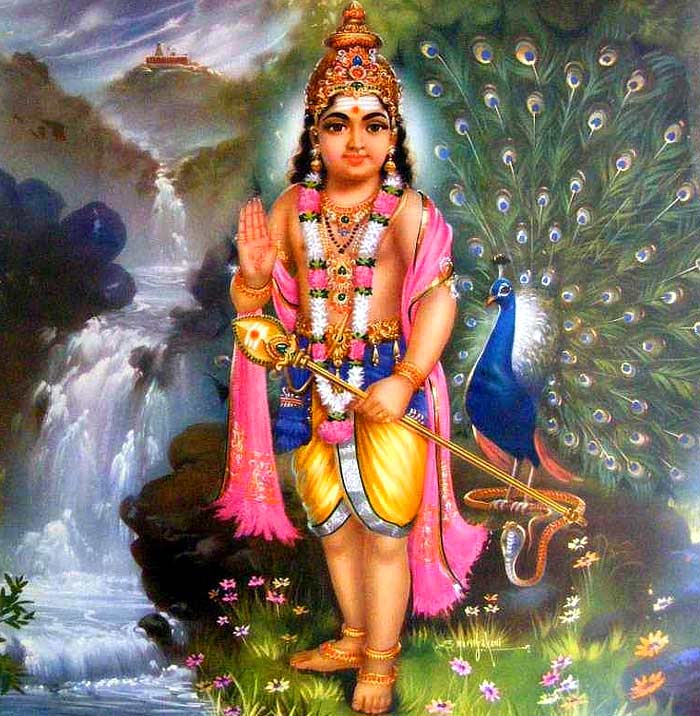
Table of Contents
Lord Murguan History
Lord Murugan is widely worshiped by the Tamil speaking population of the world, mainly in India, Sri Lanka, Singapore, and Malaysia. He is in fact called the Tamizh Kadavul meaning ‘the God of the Tamils‘. In Sri Lanka he is known as Kathargama and in Maharashtra, Odisha and Bengal he is widely referred to as Karthikeya.
He is given the name Murugan because Muruku in Tamil means divinity, handsomeness, youthfulness and sweet and being the manifestation of all these superior qualities he is given this name[1].
It is believed that Lord Murugan was created from the extremely powerful spark which emanated from Lord Siva’s Third Eye, for the sole purpose of destroying the Asura Sura Padman who was giving trouble to the Devas and Rishis.
God Murugan – Other Names
The several names of Lord Murugan are Cheyon, Senthil, Velan, Kumaran, Svaminatha, Saravanan, Arumugam, Shanmuga[2], Dandapani, Guhan or Guruguha, Subrahmanya, Kadhirvelan, Kandhan, Kartikeya and Skanda[3]. He was also known as Mahasena. The most famous name Kartikeya means son of krittikas, where the sanskrit word krittika means creativity[4].
Lord Murugan – Om Meaning
Even though Lord Murugan is considered to be very playful, he was very knowledgeable too. He turned a guru/teacher and explained the meaning of Om (Pranava Mantra) to His father Lord Shiva itself and thereby was called Swaminathan, meaning ‘one who preached to Lord Shiva‘.
Lord Murugan – Six Abodes
The main temples of Murugan are all located in different parts of Tamil Nadu, the Arupadai Veedu (meaning the Six Abodes) being the prominent ones. He gives appearance in six different forms pertaining to six different stages in his life and they are located in Tamil Nadu namely Tiruttanikai, Swamimalai, Tiruvavinankudi (Palani), Pazhamudirsolai, Tirupparamkunram and Tiruchendur.
The world’s tallest Murugan statue at 140 ft high is located at Batu Caves, near Kuala Lumpur, Malysia.
Lord Murugan – Hymn/Slokas
Kanda Sashti Kavasam is one of the most popular devotional songs on Lord Murugan composed by Bala Devaraya Swamigal in the 16th century. Devotees usually sing this during the 6 day period called Skanda Sashti, wherein Lord Murugan fought and overcame the Asura Sura Padman. You can listen to it here:
Lord Murugan – An Iconography
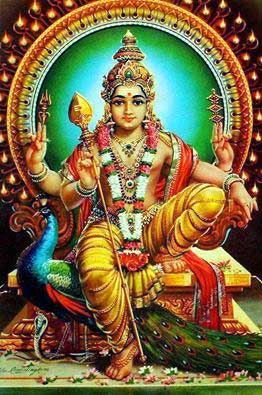 Vel in his hand (the spear), Mayil his vehicle (the peacock) and Seval (the cock) in his flag are the three main symbols that represent Lord Murugan. God Murugan has two wives namely Valli and Devasena[5]. Valli the tribal girl and Devasena the daughter of Indra, King of Devas.
Vel in his hand (the spear), Mayil his vehicle (the peacock) and Seval (the cock) in his flag are the three main symbols that represent Lord Murugan. God Murugan has two wives namely Valli and Devasena[5]. Valli the tribal girl and Devasena the daughter of Indra, King of Devas.
Lord Murugan is sometimes depicted with many weapons too including: a sword, a javelin, a mace, a discus and a bow. This symbolizes his purification of human ills:
- Javelin: This symbolizes his far reaching protection.
- Discus: This symbolizes his knowledge of the truth.
- Mace: This represents his strength.
- Bow: This symbolizes his ability to defeat all ills.
- Peacock: His peacock mount symbolizes his destruction of the ego.
- 6 Heads: His six heads represent the six siddhis bestowed upon yogis over the course of their spiritual development.
Lord Murugan Images
Here is a huge collection of Lord Murugan Images and HD wallpapers:
References
- [1] – “Muruga — The Ever-Merciful Lord.” Muruga — The Ever-Merciful Lord. Accessed January 04, 2017. Link.
- [2] – “The Many Faces of Murukan̲.” Google Books. Accessed January 04, 2017. Link.
- [3] – “Hinduism.” Google Books. Accessed January 04, 2017. Link.
- [4] – “Krithika – My Loving daughter’s name.” Sreenivasulu Nallani. August 31, 2010. Accessed January 04, 2017. Link.
- [5] – “Indian Heritage – Hindu Gods – Muruga.” Indian Heritage – Hindu Gods – Muruga. Accessed January 04, 2017. Link.


































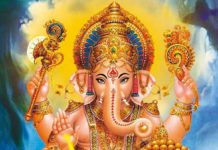
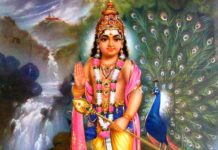
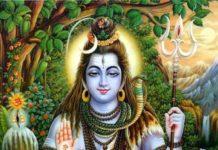
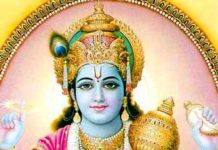
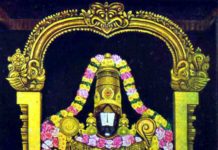
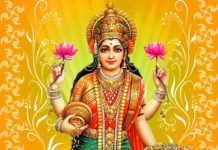

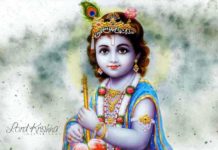
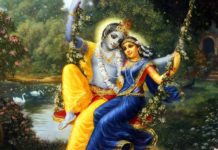
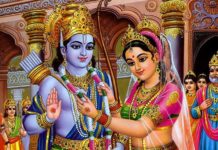
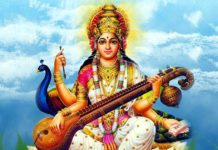
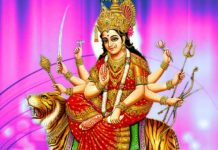
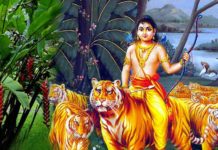
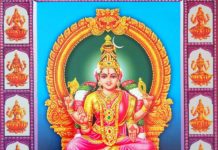
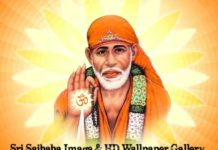
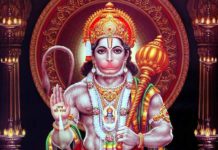
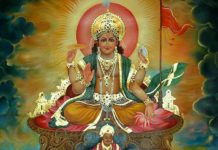
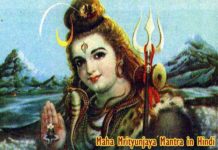
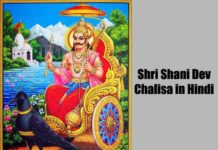
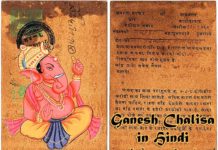
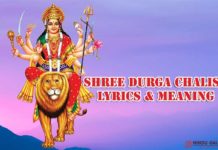
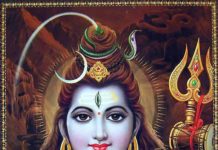
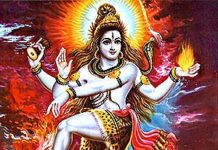
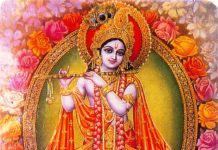
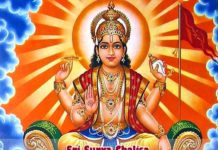
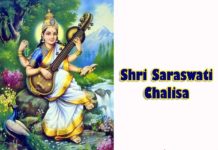
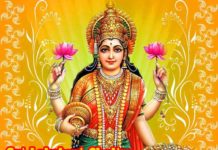
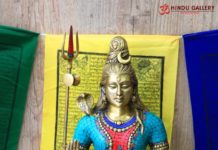






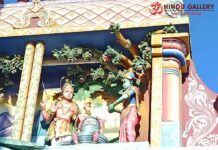

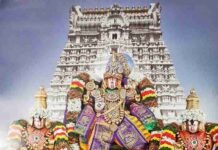
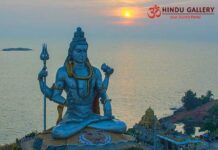
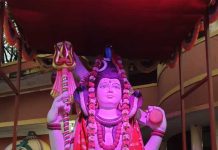
Comment: nice murugan image s om muruga
JAI LORD MURUGAN
Nice blog. Nice images. Muruga homam Guards against enemies and other evil forces. It Cures diseases and empowers. All debt related issues are solved. Murga Homa is performed on the most auspicious day of Shashti combining with Krithigai star. More details click here: http://www.vedicfolks.com/life-time-management/karma-remedies/shared-homam/muruga-homa.html
Thanks Ramya for details.